
Health care
Strengthening health care
We’re taking action to strengthen public health care so you and your family can get the care you need, when and where you need it.
We are tackling big challenges to deliver better health care. That means matching more families with more doctors, getting patients in for surgery and cancer treatment faster, building hospitals and clinics closer to home, and providing the tools you need to stay healthier longer.
Find out how we’re taking action for you.
On this page
Connect to care now
-

Find a doctor or nurse
We’re recruiting more health workers to provide the care you need. Sign up to be matched with a family doctor or nurse practitioner near you.
-
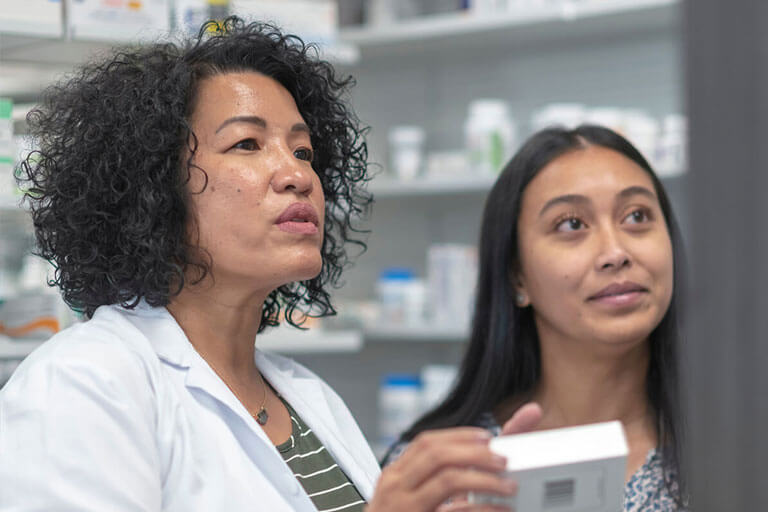
See a pharmacist for treatment now
Get your minor illnesses – like pink eye, rashes, sprains and UTIs – checked and treated, renew your prescriptions, and get free birth control at a pharmacy.
-

Get health advice 24/7
Call HealthLink BC at 811 or use the online symptom checker to get medical advice or help finding health information and services.
Improving access to health care
We’re making it faster and easier for you to get the care you need by providing more treatment options, connecting families to doctors, and reducing wait times.
-

Delivering cancer care people can count on
Demand for cancer treatment has increased. That’s why we’re focused on better and faster ways to prevent, detect and treat cancer. This means more prevention and detection services such as vaccines and cervical and hereditary cancer screenings so we can catch it earlier, and ensuring people get the lifesaving treatment services they need, faster, like radiation and chimeric antigen receptor T-cell therapy.
-

Detecting cervical cancer sooner with cervix self-screening tests
People with a cervix will be able to screen for cancer-causing infections with a new HPV test that is more accurate and more convenient. The test is easy to do at home. It can detect cervical cancer sooner and better than a Pap test. Anyone with a cervix ages 25-69, who hasn’t had a Pap test in the last three years or an HPV test in the last five years, can order a kit to complete wherever they feel most comfortable.
-

Expanding pharmacist care to treat minor ailments and prescribe birth control
People in B.C. can now get assessed and treated at most pharmacies for 21 minor ailments and contraceptives. You can also book an appointment to see a pharmacist online. Your visit may include a prescription, advice for self-care or recommendation to see another health care provider for further advice.
-

Connecting patients to doctors and nurse practitioners
People in B.C. with a personal health number can now join the Health Connect Registry to help you and your family find a primary care provider in your community. Once you are signed up, the registry can help match you with a family doctor or nurse practitioner near you, as providers become available.
-
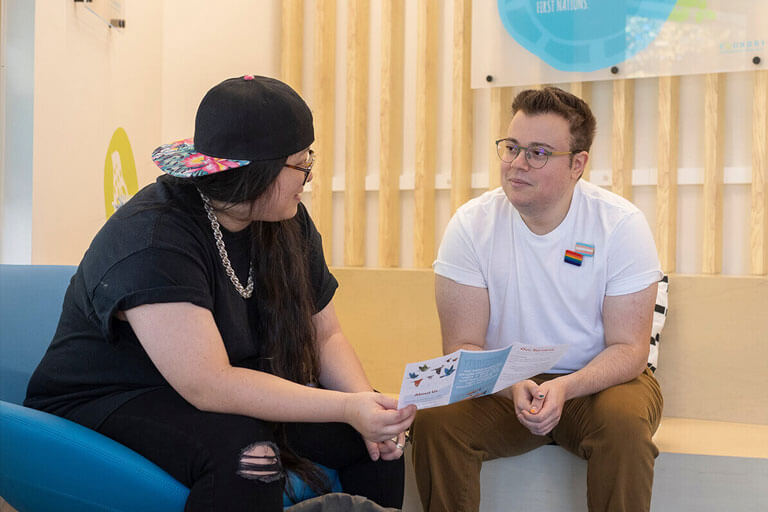
Helping more young people access peer support
Foundry BC’s peer support gives youth aged 12-24 the chance to connect online or in-person with another young person who’s there to listen.
-
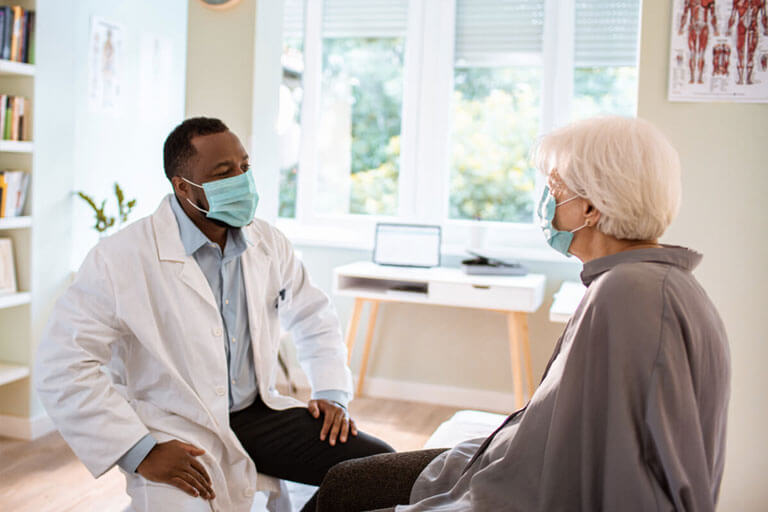
Reducing surgical wait times
Reducing wait times for surgeries, increasing availability of MRI’s and cancer screening services, and providing faster results. This means people will get the care and treatment they need, quickly.
Saving you money
Money should not be a barrier to getting health care. That is why we’re eliminating or lowering costs to save you money.
-

Providing free birth control at pharmacies
Birth control pills, implants, injections and emergency contraceptives are now free for B.C. residents. You don’t need a prescription from a doctor. Speak to your pharmacist.
-

Reducing travel costs for cancer care
Travel and hotel costs for patients who need to travel for cancer treatments will be covered for people who need it most.
-
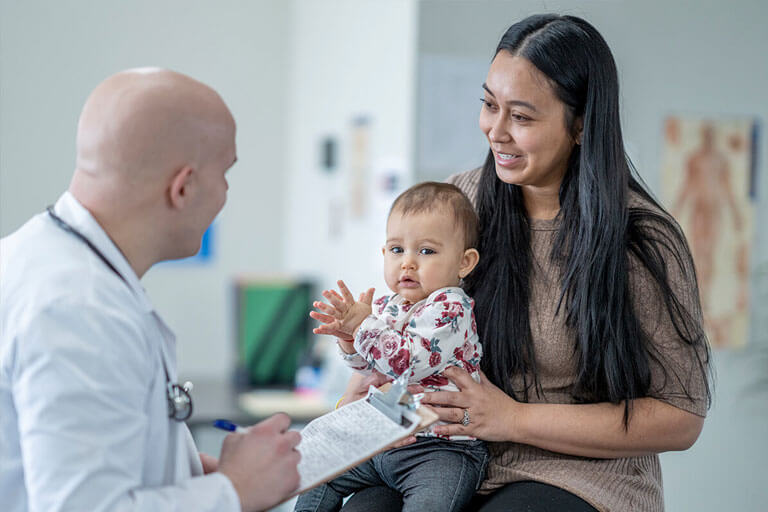
Eliminating Medical Service Plan premiums
B.C. residents no longer pay annual MSP premiums for basic health care benefits. Individuals save $900 and families save $1,800 a year.
Expanding mental health supports
People have been dealing with a lot over the last few years. We’re rising to new challenges to make sure people get the help and care they need.
-
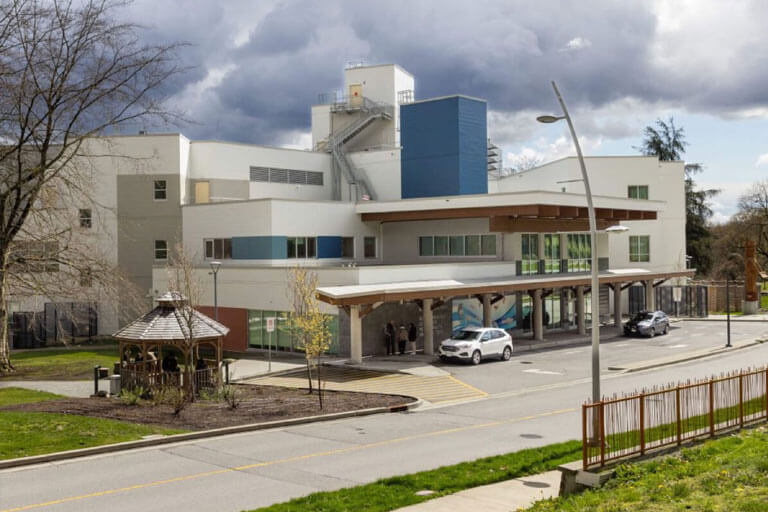
Expanding access to mental health and addictions care
When it comes to mental health and substance use, prevention and early intervention can stop small problems from getting bigger. That’s why we’re creating new treatment and recovery programs, expanding the Red Fish Healing model, and continuing to fund mental health and substance use treatment beds across B.C. to help people get the care they need.
-

Intervening early
Helping people access care soon by increasing support in schools, expanding youth Foundry Centres, providing free or low-cost community counselling, and supporting parents and caregivers.
-
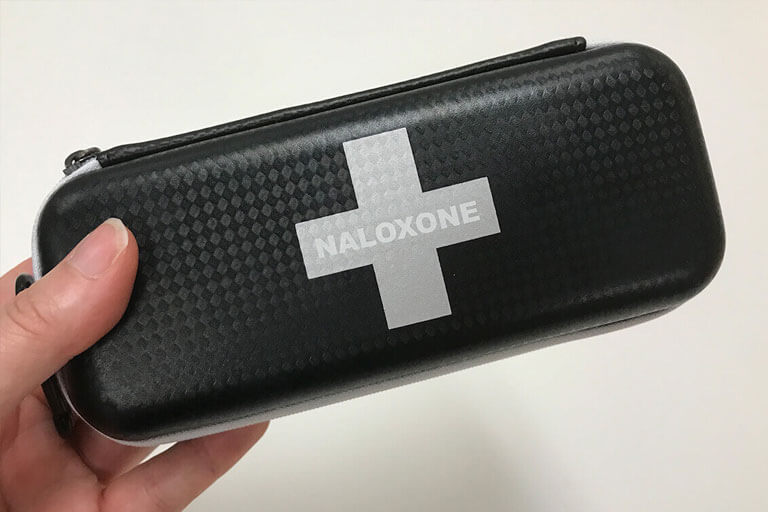
Reducing risk of toxic drugs
Saving lives by connecting people to the care they need, including prevention, harm reduction, treatment and recovery.
-

Connecting people to care
Expanding treatment options and opening more treatment and recovery beds across the province so people can get the care they need closer to home.
-

Supporting ongoing wellness and recovery
Creating pathways to recovery so people can build community connections, resiliency, wellness, life-skills programming and relapse prevention.
Growing our health care workforce
We’re taking action to recruit, train and retain more health care professionals across the province so you can get better care and workers are better supported.
-
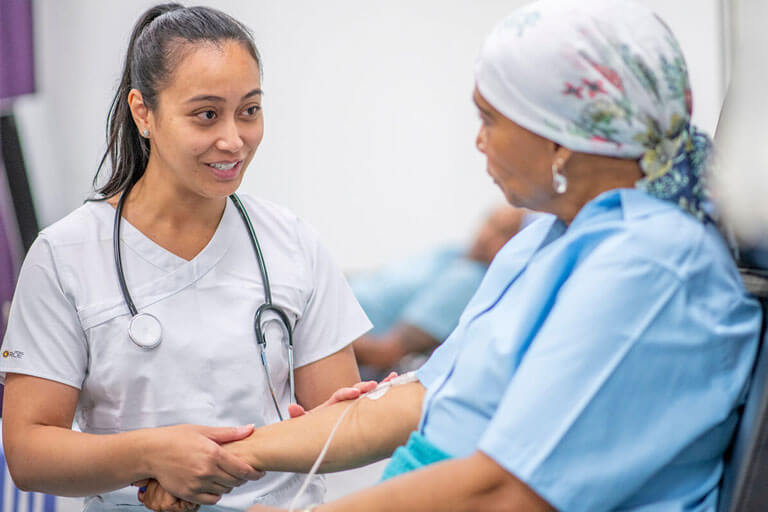
Improving care with nurse-to-patient ratios
When nurse-to-patient ratios are imbalanced, the quality of care goes down. That’s why we’re setting minimum ratios for acute care settings and creating new incentives to recruit and retain more nurses. This means better working conditions for nurses and better care for patients.
-

Growing the allied health workforce to improve patient care
The new Allied Health Strategic Plan will help grow the allied health workforce so people can get the care they need, when they need it. It includes more than 70 disciplines vital to the team-based care people rely on, such as getting a blood sample collected by a medical laboratory assistant, seeing a physiotherapist after surgery, or talking about mental health and community supports with a social worker.
-

Helping people get emergency care faster
When people go to the emergency department they need prompt access to care. We’re working to help people get the emergency care they need faster. We’re taking steps to add the role of physician assistants to the healthcare team in B.C. It is an important next step in the actions we’re taking to retain, recruit and train health-care workers so people in B.C. can get the health care they need.
-

Hiring, training and keeping more health-care workers
Funding to help recruit and retain staff, redesign and rebalance workloads, make health-care spaces more culturally safe, and expand training and education seats for a full range of health-care professionals.
-

Training more midwives
Demand for midwives has increased rapidly in B.C. Increasing the number of midwife seats at UBC means more access to pregnancy care, especially in rural, remote & First Nations communities.
-

Establishing new physician payment model improves care for patients
The new payment model will bring more doctors into family practice and allow them to see and spend more time with patients.
-

Helping more nurses practice in B.C., faster
Too many barriers have prevented many nurses from entering or returning to work in the health care system. Removing these obstacles means more nurses can work in the field they love, and people in B.C. can get better access to the health care they deserve.
-

Opening a new B.C. medical school
Establishing a new medical school at SFU will allow B.C. to attract and train more future doctors to work in the health-care system.
-

Training more doctors
Making sure B.C. has more family doctors and specialists in the long-term by increasing spots for future doctors at UBC Faculty of Medicine.
-

Getting more internationally trained family doctors working sooner
Supporting three times more family physicians trained outside of Canada to work in B.C.’s health-care system, faster, and creating a new associate physician role to provide immediate solutions for people accessing health-care services.
-

Training more health care workers on the job
Providing the next generation of health care workers support to learn and earn at the same time. This means more people get access to health care, while workers grow their careers.
-

Providing free education to become a health care assistant
Tuition support for students in high-priority health care fields helps build a future workforce, while allowing more students to start their careers with less debt.
-

Developing a pool of travel-ready nurses
A team of nurses who can travel into rural/remote communities means people can get access to health care without travelling long distances.
Building better health care
We’re helping you get the care you need closer to home by opening more treatment beds and building more hospitals, health clinics and long-term care centres.
-
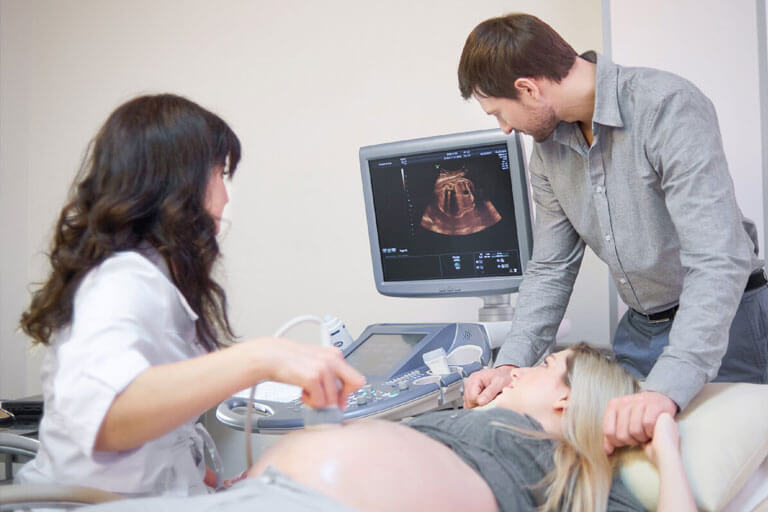
Improving access to IVF for people wanting to start a family
For people wanting to start a family, infertility and other barriers to parenthood can have a profound effect on their wellbeing and quality of life.
B.C. is helping people on the path to parenthood with a new program to help with the cost of in-vitro fertilization (IVF) services.
-
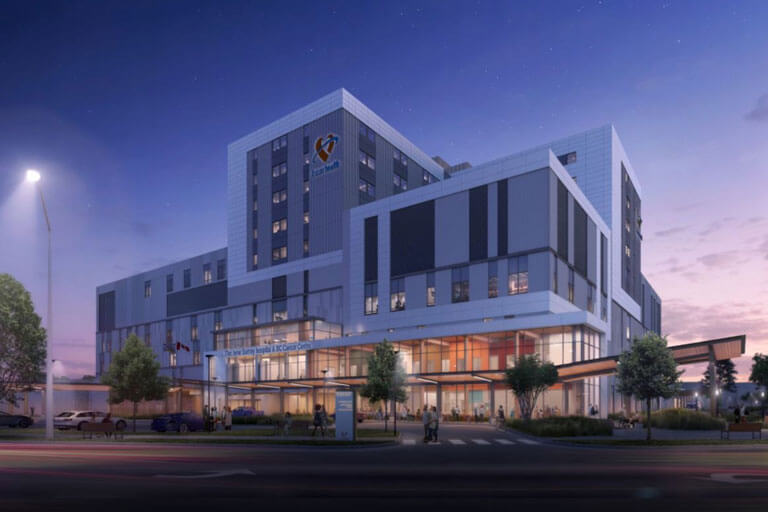
Health capital projects
B.C. is working with health authorities to build the hospitals, clinics, cancer centres and care homes in communities across the province, so you and your family can get the care you need closer to home.
-

Building a new hospital and cancer centre in Surrey
People in B.C. will benefit from a new, digitally equipped smart hospital and cancer centre in Surrey. The new hospital will deliver a second emergency department in the community and will include a new location of the BC Cancer Centre. The new Surrey hospital will enhance health-care services for British Columbians and improve care for people facing cancer.
-
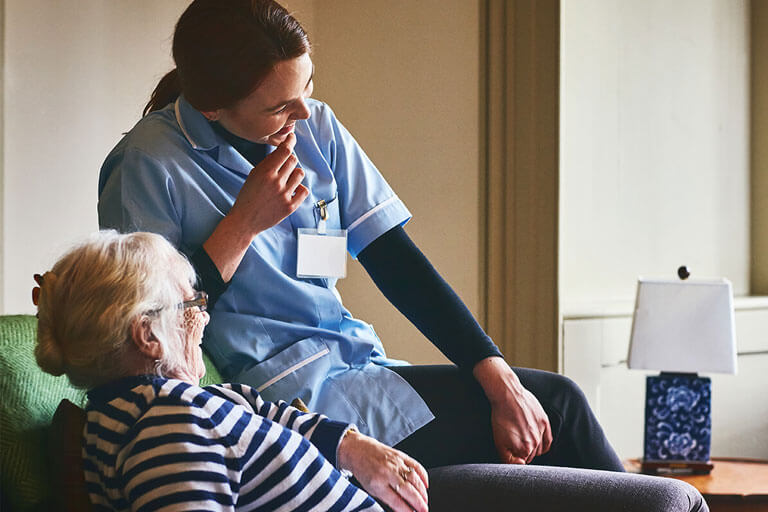
Adding more long-term care in B.C.
As people age, their health needs change. Everyone in B.C. deserves to have access to that care when and where they need it. We’re investing in primary care, home health, long-term care and assisted living services throughout B.C.
-

Expanding mental-health and addiction treatment services
To support people struggling with addiction, more than $586 million will add treatment and recovery beds throughout B.C., develop and roll out a new model of care to support people through their entire recovery journey, create wraparound supports, expand Indigenous treatment centres and develop new recovery communities to support people and their recovery through the long term.
-
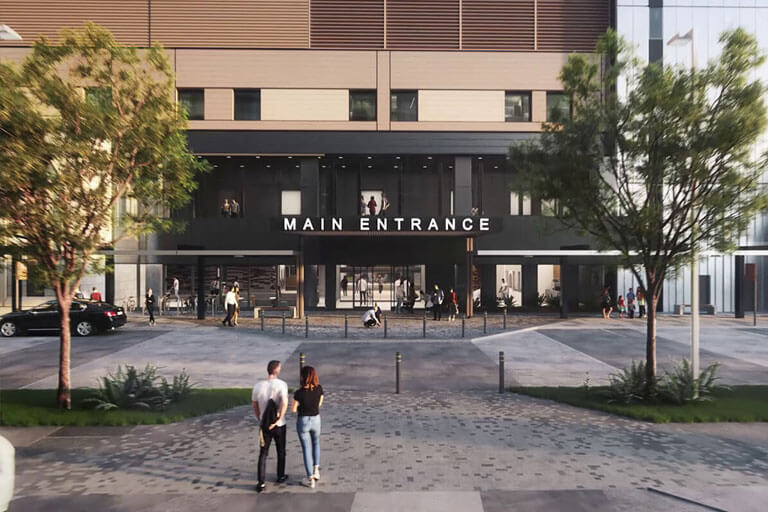
Investing in hospitals, clinics and post-secondary institutions
Investing in new clinics, long-term care beds and hospitals throughout the province. This means improved and increased access to health services for people all around the province.
-
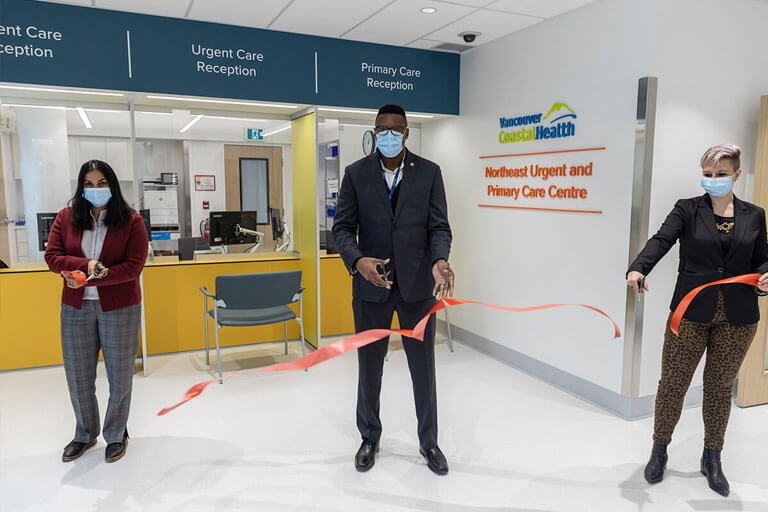
Building the health care systems people need now
New primary care networks and Urgent and Primary Care Centres throughout B.C. are helping connect people to the primary care they need in their communities, while taking pressure off of walk-in clinics and emergency rooms.
Keeping people healthy
We’re providing tools so you can take action to prevent injuries and illnesses to live a longer, healthier life.
-

Providing home and community care for seniors
Many seniors want to live in their homes longer. That’s why we’re helping more seniors get home health care support for daily activities like bathing and nutrition and access the community services they rely on, like grocery shopping, snow shoveling and rides to and from medical appointments.
-

Protecting people and communities this respiratory illness season
B.C. is taking actions to continue protecting people, communities and the health-care system and are encouraging people in B.C. aged six months and older to get their COVID-19 and influenza vaccines.
-
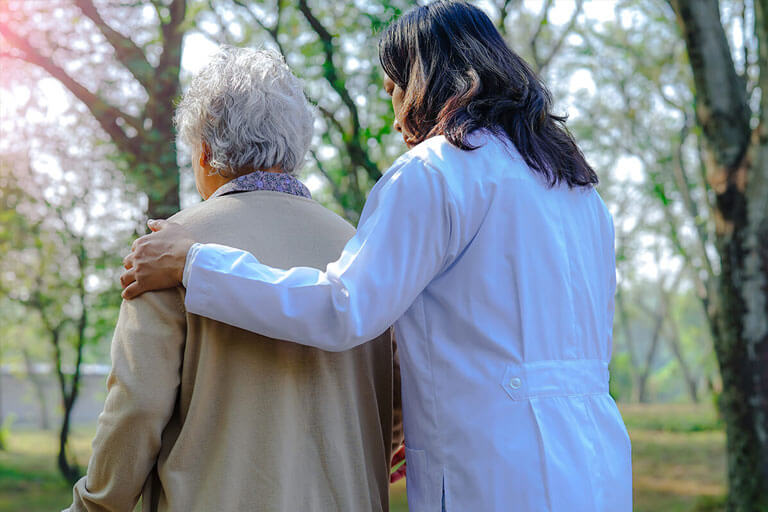
Protecting seniors from elder abuse
Seniors often face isolation, which makes them more vulnerable to abuse. That’s why helping people recognize the signs of elder abuse and prevent the distress it causes our seniors across the province is a top priority.
-

Building healthier, more active communities
The PlanH program supports local and Indigenous governments to create healthier communities through resources, practices and learning opportunities that focus on people, society and the environment.
-

Expanding newborn screening; early detection improves quality of life
Newborns throughout B.C. are being screened for three additional metabolic and genetic conditions, resulting in early identification and treatment, and leading to improved health outcomes.
-

Protecting people during extreme heat emergencies
Extreme heat emergencies can cause major health challenges for many people in B.C. Free air conditioning units for vulnerable and low-income people, as well as new air conditioner rebates for all residential BC Hydro customers, means more people can stay cool during extreme heat events.
-

Harvesting healthy habits with Farmers’ market coupon program
All people in B.C. deserve to have access to fresh, nutritious food, and farmers’ markets are a great place to find them. This program is helping feed more people and bring more visitors to markets, which supports local farmers, enriches communities and supports our province’s food security.
Improving public health for everyone
We’re taking action to improve health care for you and your family by adopting new approaches and expanding on what works.
-

Reforming the health care system to make it culturally safer
More equitable access to health care to improve health outcomes. This means better training and education, so we can build a culturally safer system of care for everyone in B.C.
-

Treating addiction as a health issue, not a crime
Saving lives by ending the stigma, isolation and fear of criminal charges that often prevents people who use drugs from reaching out for help and leads to people using alone.
-

Building paths to recovery for people struggling with substance use
Improved quality of care in treatment and recovery services for youth and adults. This means people experiencing mental-health and substance-use challenges will be able to better access the help they need, faster.
-

Taking action to better detect, treat and prevent cancers
Nearly everyone in B.C. has been touched by cancer at some point in their lives. Investing in better prevention strategies, earlier detection, faster treatment and team-based support services means that people in B.C. can get cancer care they can count on – where and when they need it.
-

Taking action to eliminate hepatitis C
Hepatitis C is a curable disease with highly effective drug treatments available to people in British Columbia through BC Pharmacare.
-

Providing faster, team-based care with primary health care strategy
At the heart of the strategy is a new focus on team-based care that will see government fund and recruit more doctors, nurse practitioners and other health professionals, to put patients back at the centre of health-care delivery.
-

Addressing Indigenous racism in health care
Working to dismantle and eradicate Indigenous-specific racism to ensure people do not experience judgment, rejection, abuse or harm when receiving the health care they need.
